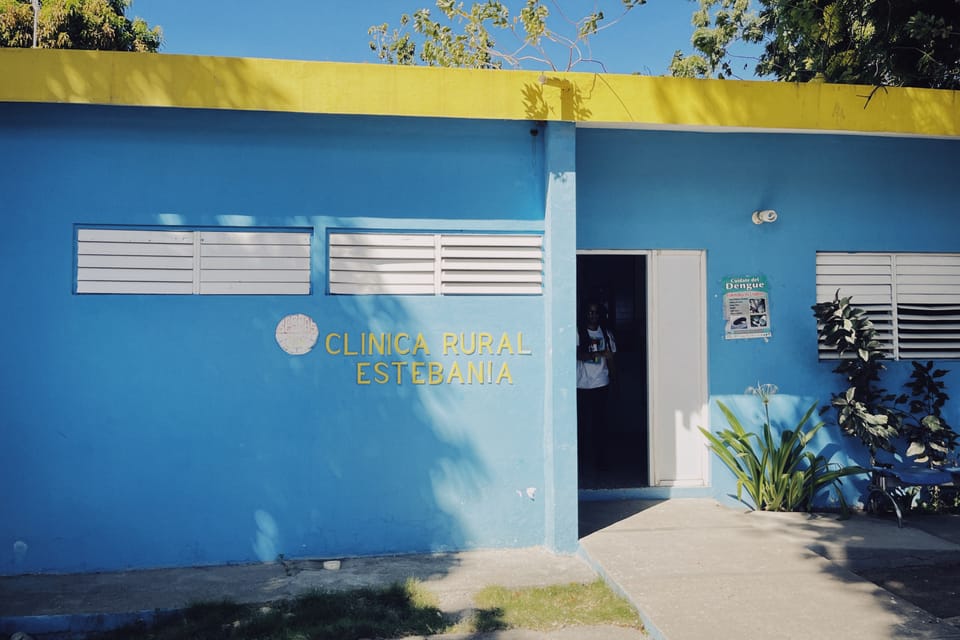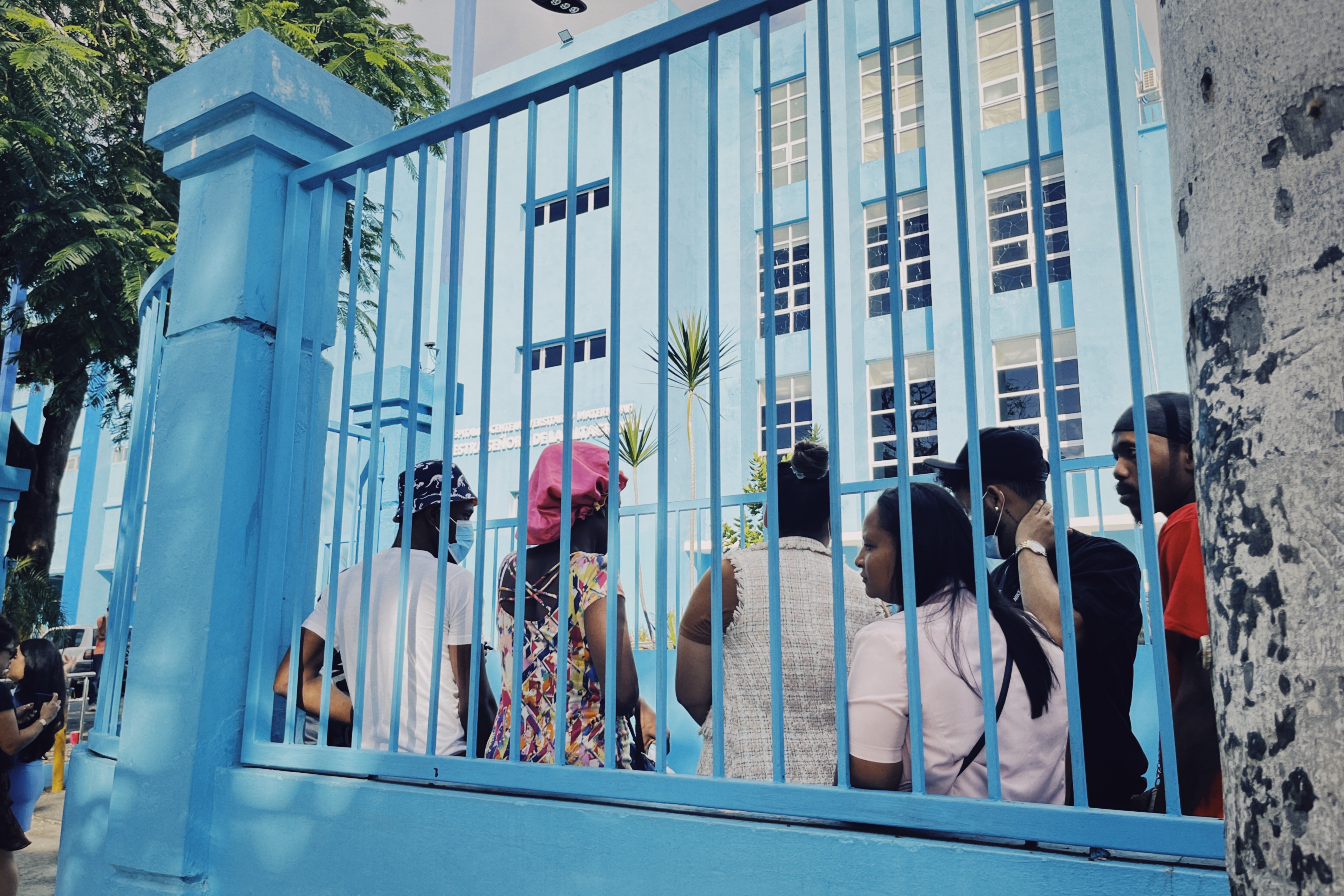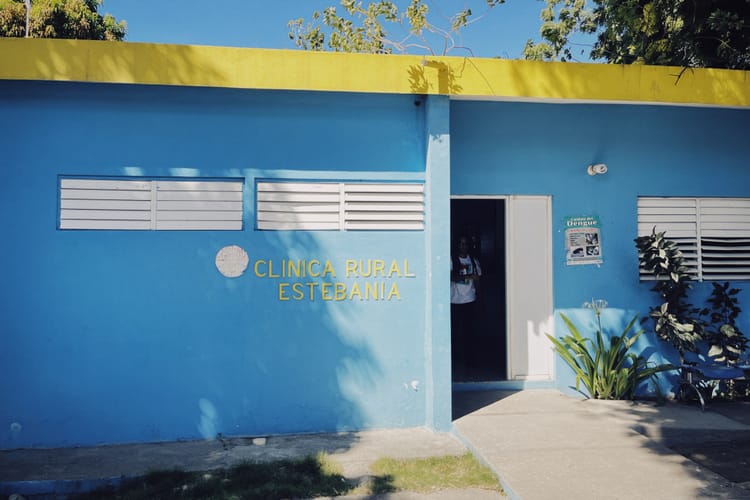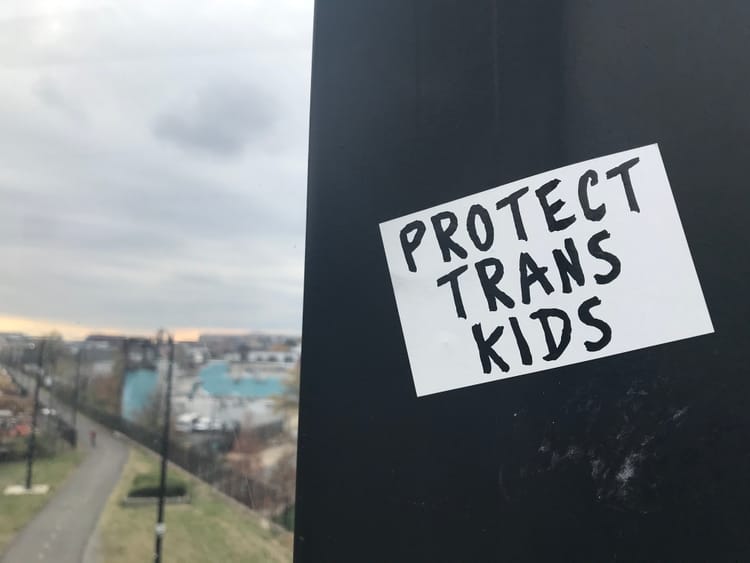The Dominican Republic Women Who ‘Do Not Exist to the State,’ and a Potential Step Forward for Trans Health-Care in Hawaii

In December, I had the opportunity to travel to the Dominican Republic alongside a group of state lawmakers who were there to learn about the consequences of the Caribbean country’s total abortion ban, high rates of child marriage, and a range of other gender justice issues.
Three of these lawmakers were from New York City, which is home to the largest Dominican diasporic population outside the Dominican Republic. Many of these people (my neighbors, as I live in Upper Manhattan, which is now known as Little Dominican Republic) are dual citizens. They vote in Dominican elections, in large numbers.
In other words: what New York Dominicans think, matters. So the lawmakers’ presence, and their comments about the Dominican Republic’s abortion ban, created quite a stir in local media. And the U.S. Embassy’s response was… interesting. I wrote a bit about that experience, and what it tells us about the Biden administration’s commitment to defending abortion rights, in my column last month.
And now, I have another more in-depth reported piece up on the site, looking at one of the most striking issues I encountered on my trip: the ways in which the Dominican Republic’s abortion ban, and its lack of reproductive health infrastructure, disproportionately affect Haitian migrants and stateless Dominico-Haitians, who are treated as second-class citizens in the Dominican Republic—to put it mildly.
We were visiting a local primary care clinic to learn about the reproductive and sexual health services available there. The building’s electric blue exterior matched the color of the near-cloudless sky almost perfectly. Inside, the lights were mostly off and fans were running to keep the clinic cool. Staff told us about the steps they’ve taken to make contraception more accessible, including working with local churches and parents to reduce stigma. They showed us the clinic’s separate, private entrance and waiting area for pregnant girls who may be ashamed to be seen there.
It was in that small waiting room that the conversation took a turn.
Six out of every 10 pregnant women who visit the clinic, the head doctor told us, are Haitian. This is no surprise, given that there are many Dominicans of Haitian descent and Haitian-born people who have migrated to the Dominican Republic to work.
Pregnant women may also travel from Haiti to the Dominican Republic seeking health care, because while the Dominican Republic has one of the highest rates of maternal mortality in the Americas—out of every 100,000 live births, 107 people die of pregnancy-related causes—that rate is more than three times higher in neighboring Haiti.
But then the doctor went on. “They say they’re Dominican,” he said. “But they don’t speak Spanish.”
Read the rest of the article here.

In other news, Hawaii lawmakers are considering a bill that could improve access to gender-affirming care by removing restrictions on prescribing testosterone via telehealth.
Testosterone is a controlled substance, which means it’s subject to restrictions that other drugs commonly used in gender-affirming care—like puberty blockers, other hormones, and anti-androgens—are not. However, since the start of the pandemic, federal rules requiring doctors to see patients in person before prescribing controlled substances have been suspended, which has improved access to care for people who take testosterone.
But states have their own rules around controlled substances. And in Hawaii, state law still requires an in-person visit and even mandates that the provider be physically present in the state to prescribe a controlled substance. Hawaii HB 2079 would remove these in-person requirements for drugs provided as part of gender-affirming care—an important step in an island state with a significant physician shortage.
If you’re so inclined, you can also watch the hearing today, February 28th, at 2 p.m. Hawaiian time. That’s 7 p.m. ET. More information here.
Next up: I’m going to Brazil! Thanks (again) to the International Women’s Media Foundation, I will be traveling to Brazil to cover the International Women’s Day March in Rio de Janeiro on March 8th, and then heading to São Paulo to investigate how American organizations are exporting the “crisis pregnancy center” model to Brazil. As they say, watch this space!



